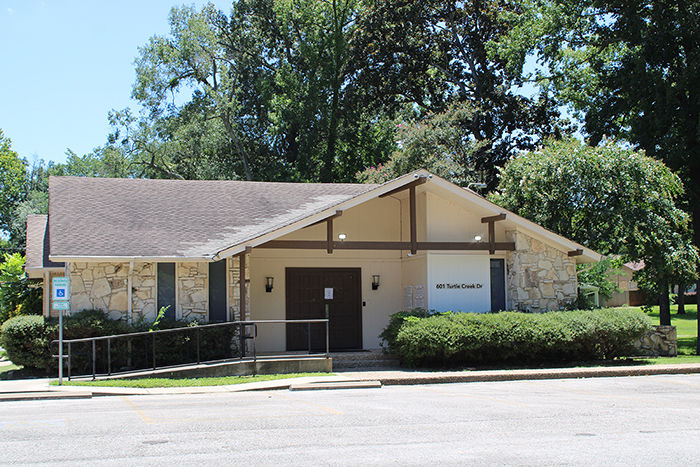Gridlock is good, helps the economy
Published 9:54 pm Sunday, January 4, 2015
Of late, President Barack Obama has two consistent themes. He praises the economy, while condemning the “do-nothing” Congress. But what if those things are linked?
That’s what The Federalist magazine’s David Harsanyi contends. He says gridlock has saved the economy.
Trending
“The Obama Boom is finally here,” he wrote last week. “Gross domestic product grew by a healthy 5 percent in the third quarter, the strongest growth we’ve seen since 2003. Consumer spending looks like it’s going to be strong in 2015, unemployment numbers have looked good, buying power is up and the stock market closed at 18,000 for the first time ever. All good things. So what happened?”
The answer might not be what Obama thinks.
“Which policy did Barack Obama enact that initiated this astonishing turnaround?” Harsanyi asked. “We should definitely replicate it. Because those who’ve been paying attention these past few years may have noticed that the predominant agenda of Washington was doing nothing. It was only when the tinkering and superfluous stimulus spending wound down that fortunes began to turn around.”
He points to a Dec. 28 column by the New York Times’ Paul Krugman.
“Suppose that for some reason you decided to start hitting yourself in the head, repeatedly, with a baseball bat,” Krugman wrote. “You’d feel pretty bad. Correspondingly, you’d probably feel a lot better if and when you finally stopped. What would that improvement in your condition tell you?”
Krugman answers his own question; “Your head wasn’t hurting because you were sick; it was hurting because you kept hitting it with that baseball bat.”
Trending
Here’s where Harsanyi disagrees with Krugman. What does the bat represent? Krugman says it represents a lack of government hiring (good old Keynesian economics). In other words, government not doing enough. Harsanyi counters that the bat more logically represents government doing too much.
“Because spending in current dollars has remained steady since 2010 and spending as a percent of GDP has gone down,” he explains. “In 2009, 125 bills were enacted into law. In 2010, 258. After that, Congress, year by year, became one of the least productive in history. And the more unproductive Washington became, the more the economy began to improve.”
We’ve long argued, in this space, that gridlock is often good. One big factor in the stubborn lack of job creation since the Great Recession has been economic uncertainty. That uncertainty is made worse by an activist government that continually tries new experiments and tests new theories.
So a gridlocked government isn’t necessarily a bad thing.
“Gridlock has caused an odd, but pervasive, stability in Washington,” Harsanyi wrote. “Spending has been static. No jarring reforms have passed — no cap-and-trade, which would have artificially spiked energy prices and undercut the growth we’re now experiencing. The inadvertent, but reigning, policy over the past four years has been, do no harm.”
And that’s why the previous Congress shouldn’t feel insulted by the label “do-nothing.” It’s a bad of honor that our Founders would have approved of.
Let’s hope the new Congress can meet this high bar.







